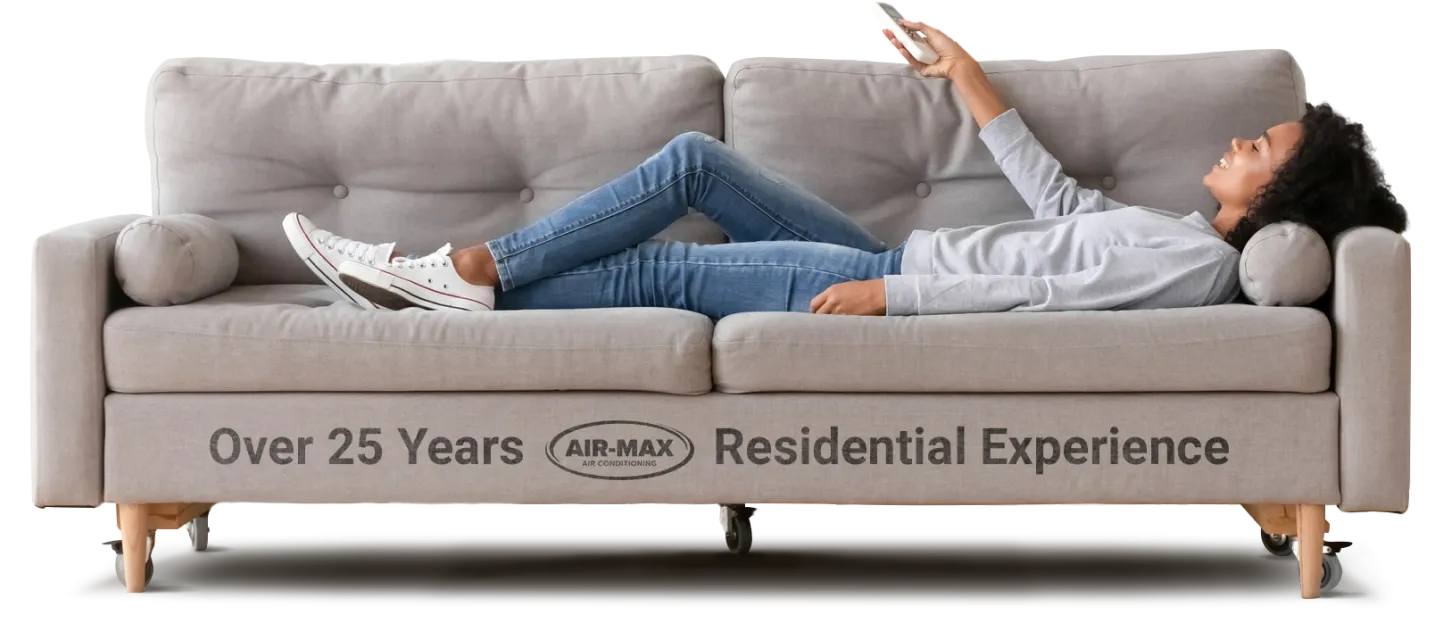How frequently you should service commercial air conditioner?
Servicing a commercial air conditioner is
essential to ensure its efficient operation, prolong its lifespan, maintain
indoor air quality, and minimize energy consumption. However, the frequency of
servicing can vary based on several factors, including the type of system, its
usage, environmental conditions, and local regulations. In general, here are
some guidelines for how frequently you should service a commercial air
conditioner:
1. Manufacturer's
Recommendations:
Start by consulting the manufacturer's
guidelines and recommendations for your specific air conditioning system. They
often provide information on maintenance schedules and procedures tailored to
their equipment.
2. Seasonal
Maintenance (Bi-Annual):
Most commercial Air Conditioning Narellan HVAC systems benefit from regular
maintenance at least twice a year, typically in the spring before the cooling
season and in the fall before the heating season.
Spring maintenance focuses on preparing the
system for summer cooling, while fall maintenance ensures it is ready for
winter heating.
3.
Quarterly Maintenance:
Some commercial facilities with higher HVAC
usage, critical temperature control needs, or specialized equipment may opt for
quarterly maintenance checks to address wear and tear more frequently.
4.
Monthly or Bi-Monthly Filter Changes:
Air filters should be checked and replaced or
cleaned as needed more frequently, typically every one to two months. Clean
filters help maintain good indoor air quality and system efficiency.
5.
Continuous Monitoring:
Many modern commercial HVAC systems are equipped
with smart monitoring and control features. These systems can continuously
track performance and alert maintenance personnel to issues in real-time.
Regular monitoring and response to alerts are crucial.
6.
Usage Intensity:
Facilities with 24/7 operations, high occupancy
levels, or specific environmental requirements (e.g., data centers) may need
more frequent servicing due to increased wear and tear.
7.
Environmental Factors:
Locations with high levels of airborne
contaminants, such as dust, pollen, or industrial pollutants, may require more
frequent maintenance to keep the system clean and efficient.
8. Local
Regulations and Standards:
Local building codes and regulations may specify
maintenance requirements for commercial HVAC systems. Complying with these
standards is essential.
9. Age
of Equipment:
Older air conditioning units may require more
frequent maintenance to compensate for wear and aging components.
10.
Energy Efficiency Goals:
- If your facility aims to minimize energy
consumption and reduce operating costs, regular maintenance is crucial.
Well-maintained systems are more energy-efficient.
Key
Maintenance Tasks for Commercial Air Conditioners:
During scheduled maintenance of Air Conditioning Sydney, a
qualified technician should perform the following tasks:
Inspect
and Clean Components: Examine and clean the condenser
and evaporator coils, blower components, and other critical parts to improve
efficiency.
Check
Refrigerant Levels: Ensure the refrigerant charge
is at the recommended level. Low refrigerant levels can lead to reduced cooling
capacity.
Inspect
Electrical Connections: Check and tighten electrical
connections, ensuring safe and efficient operation.
Clean
and Replace Filters: Clean or replace air filters
to maintain indoor air quality and prevent airflow restrictions.
The frequency of servicing a commercial air
conditioner depends on several factors, including equipment type, usage,
environmental conditions, and regulatory requirements. Regular maintenance, at
least bi-annually, is essential to keep your system running efficiently and
extend its lifespan. Working with a qualified HVAC technician of Air Max Air
Conditioning and following the manufacturer's guidelines is crucial for
ensuring proper servicing and optimal performance of your commercial air
conditioning system.


Comments
Post a Comment